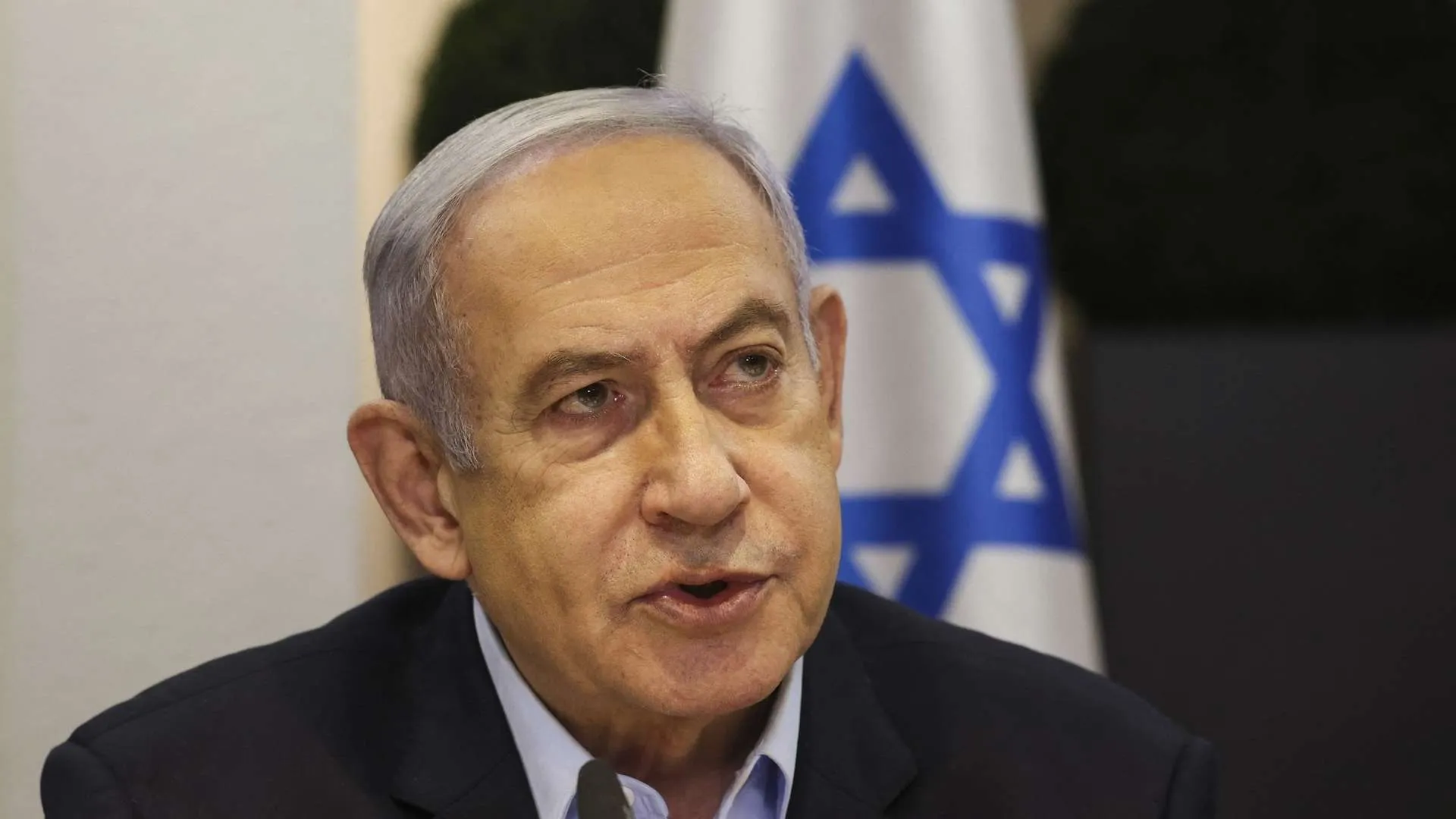Diwali, the Festival of Lights, is celebrated across India with vibrant decorations, oil lamps, and gatherings filled with warmth and joy. A popular part of these celebrations involves lighting firecrackers, but it’s essential to be aware of the health and environmental impacts fireworks can have. Here’s a closer look at the health risks linked to firecrackers and how you can celebrate a safer Diwali.
Health Risks Associated with Fireworks
Studies show that the chemicals released when firecrackers explode—such as sulfur, zinc, copper, and sodium—can lead to severe health risks. The smoke and particulates from firecrackers contribute to pollution that can damage heart and brain health, harm respiratory function, and even increase the risk of lung infections. Prolonged exposure to these pollutants has been associated with life-threatening conditions, including cancer and stroke.
Impact on Respiratory and Cardiovascular Health
Firecracker smoke contributes to the buildup of hazardous airborne pollutants, which can exacerbate respiratory conditions like asthma and bronchitis. The tiny particulate matter in the air following fireworks also poses cardiovascular risks, as studies link increased pollution with higher rates of heart-related illnesses. For people with existing health issues, the post-Diwali spike in pollution can intensify symptoms, leading to hospital visits and long-term health complications.
Eco-Friendly Alternatives for a Safer Diwali
To keep the spirit of Diwali alive without the adverse effects of traditional firecrackers, consider using “green” firecrackers. These eco-friendly options emit fewer harmful pollutants and produce less noise, making them a safer choice for the environment and public health. In addition, you can celebrate by lighting oil lamps, decorating with flowers, and gifting plants, which uphold Diwali’s essence without harming the air quality.
Health Precautions for Post-Diwali Days
With air quality typically deteriorating in the days after Diwali, taking preventive steps can help protect your health. Avoid outdoor activities like morning walks, which can expose you to high levels of pollution. Keeping windows closed, using air purifiers, and frequently dusting indoor surfaces can help maintain better air quality at home.
Responsible Celebrations for a Brighter Future
As you celebrate Diwali this year, consider prioritizing the health of your loved ones and the environment. Opting for sustainable, eco-friendly choices can make the festival both enjoyable and safe. With thoughtful decisions, we can continue to celebrate Diwali’s joy and warmth while ensuring the well-being of our communities and the environment for years to come.
Also Read: Happy Diwali: Know The Tradition Of Gambling In This Festival






















